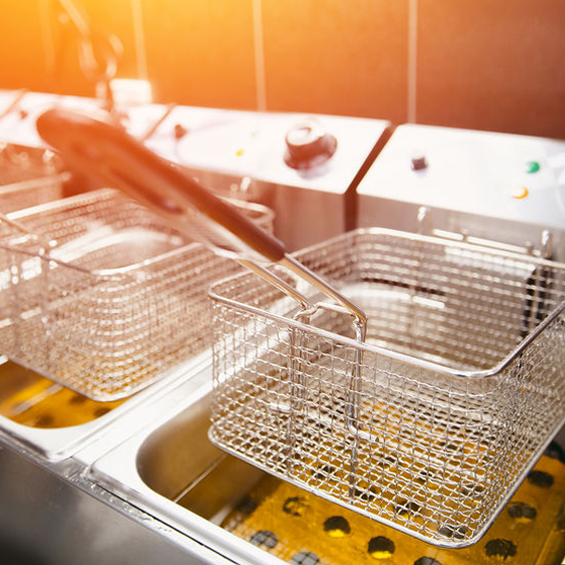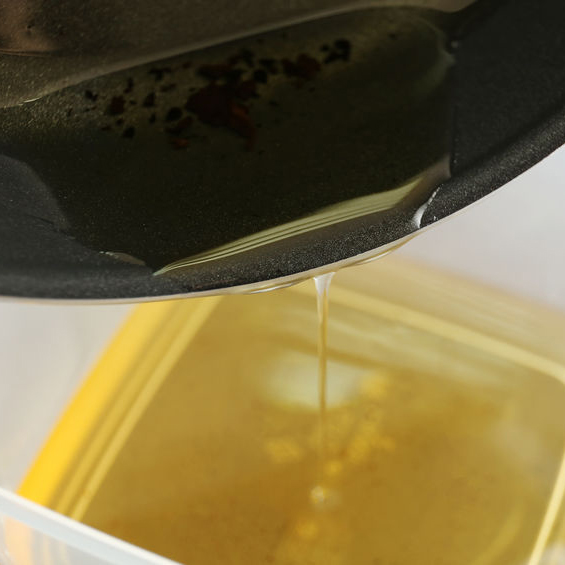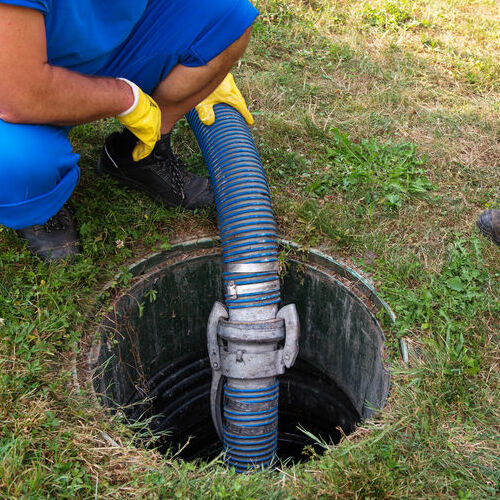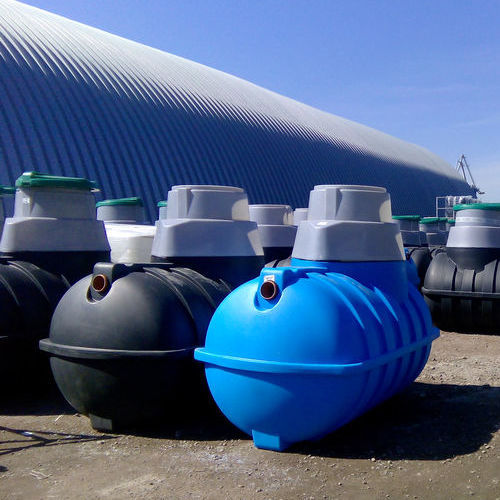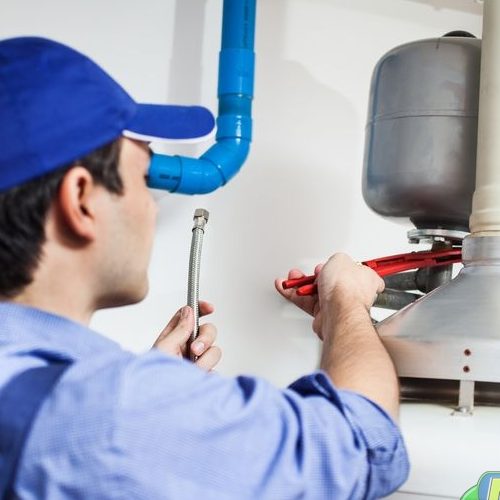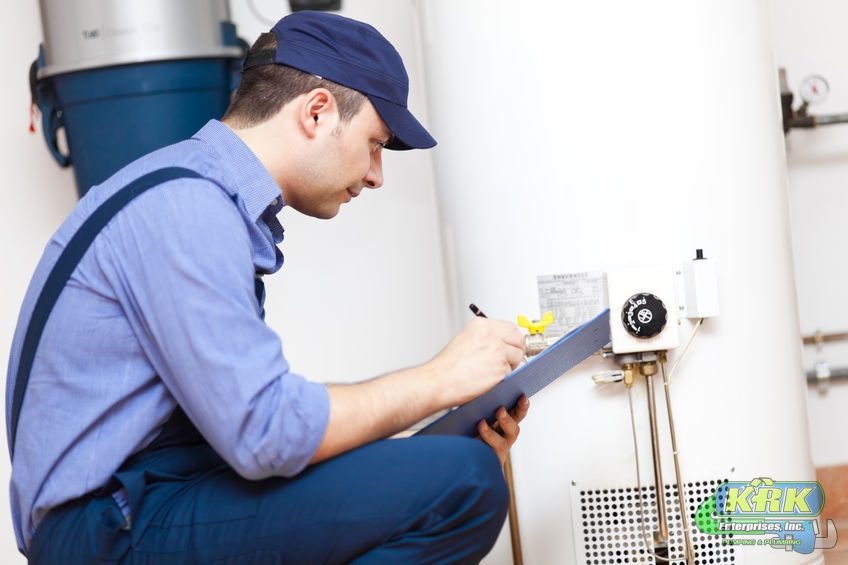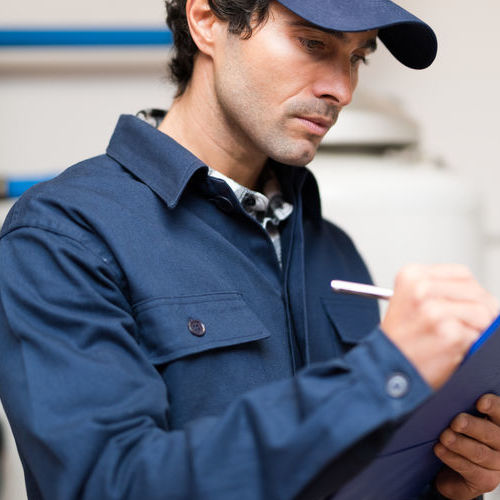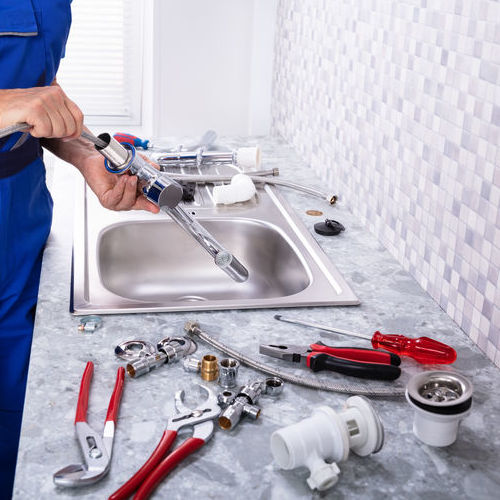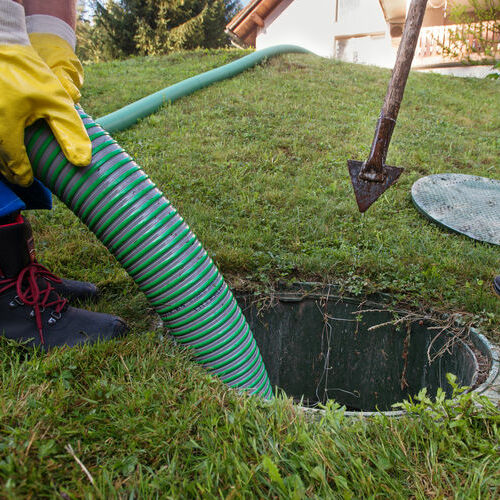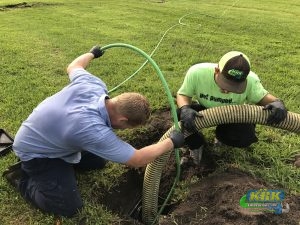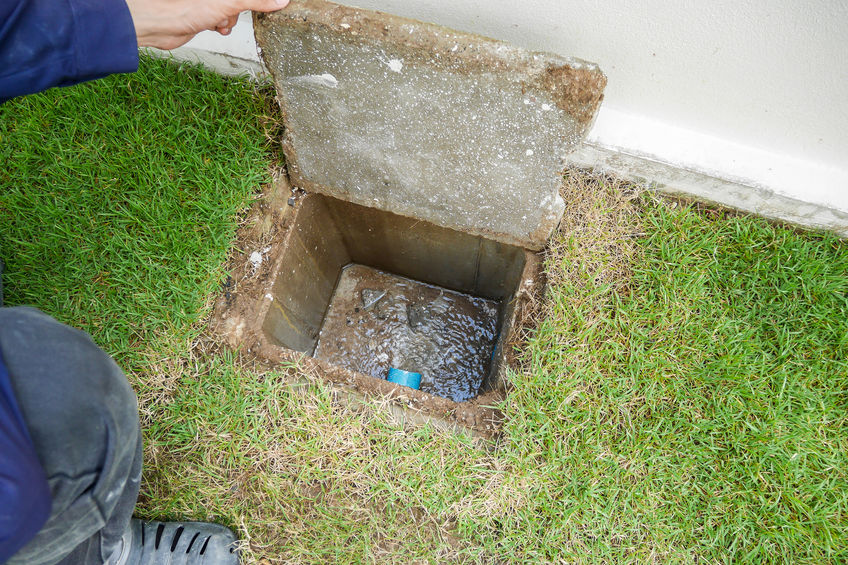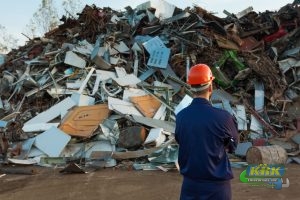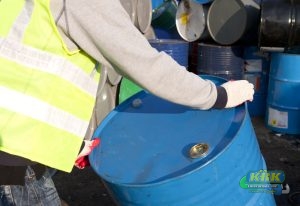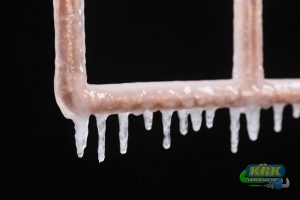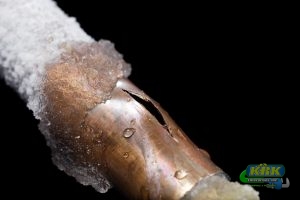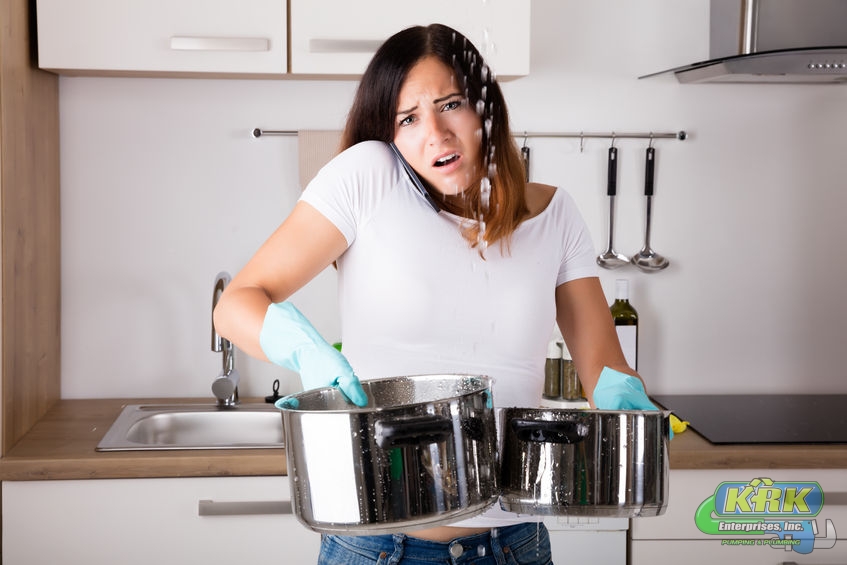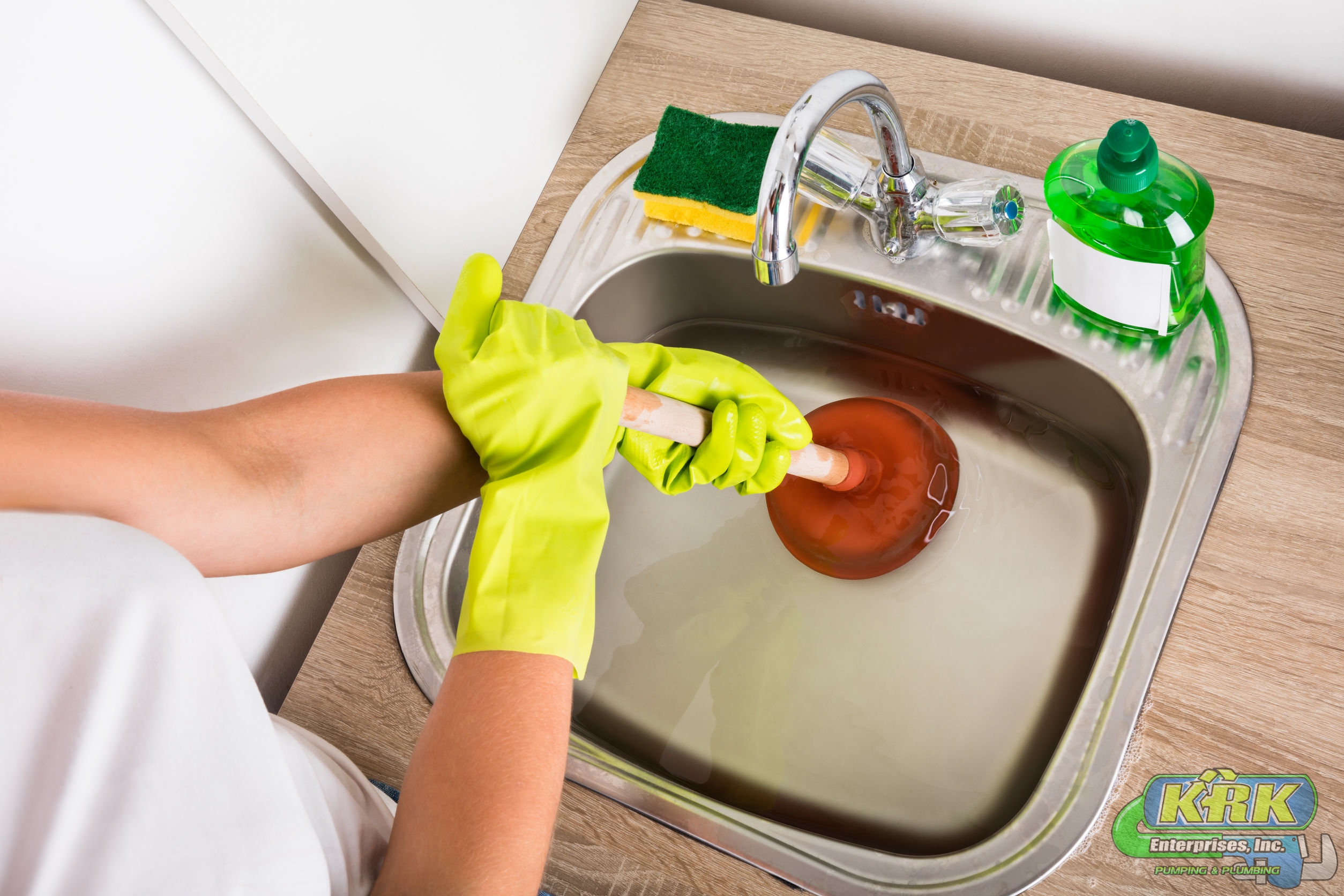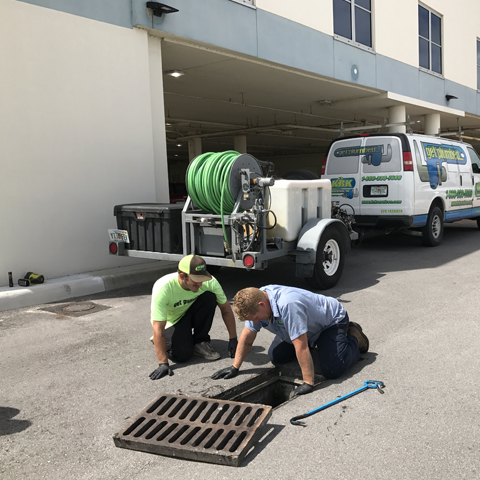
Keeping your plumbing clean
What is and when do you need hydro jetting? The hydro jet board that Frank Zapata marketed and is found at lakes and oceans for summer fun is nothing like the hydro jet for plumbing! Our article today will be based on the plumbing version of hydro jetting, which is used when the average drain cleaning tools, like a plunger, drain cleaning granules, liquid, or other forms of these products, or plumbing snake doesn’t clear a clogged drain.
Today, a hydro-jetter is the best tool a professional plumber has in its arsenal for unclogging drains of all sizes. Hydro jet cleaning services is the process of placing a long hose down a drain that has a specialized nozzle on the end. It is connected to a device that forces high-pressured water back and forth through a clogged drain.
When performed by an experienced professional that knows how to operate a hydro jet a sewer line can also provide thorough cleaning on any of the following without damage:
- Lift Stations
- Catch Basins and Laterals
- Culvert pipes
- French Drains
- Storm Sewers
- Grease Removal
What do plumbers use to unclog drains?
For household remedies of unclogging a drain, pouring baking soda & vinegar in the drain, then let the mixture sit, follow up by using hot water to flush it will clear most common clogs. If the clog is due to grease buildup, a common problem in kitchens, baking soda, salt, and boiling water will usually work. Some clogs can be cleared with a household plunger.
When none of these works, though, it is time to call the professionals. They will often repeat the plunger method just to be sure that it doesn’t clear the problem. Sometimes, though, a clogged drain is caused by tree roots. This is when a plumber will use a camera to inspect the pipes. This video snake-like inspection system allows the plumber to see images of what is inside the pipes and determine what is causing the clog.
At that point, they will decide the best method and process to take. There are several tools that plumbers can use from the basic hand snake to a powerful drain machine. They will typically insert a flexible cable into the pipe with an attachment that will either bore, cut, scrape, or pull the blockage.
A newer type of process is hydro jetting, which while effective, is more time consuming and expensive, so this is their last resort if all other measures have failed. Hydro jetting is the use of water and a high-pressure pump that will blast the stubborn blockage and heavy clogs without damaging the pipes or the homeowner’s property.
Is Hydro Jetting safe for pipes?
Yes, hydro jetting is safe for pipes when done correctly by an experienced and licensed plumber. When hydro jetting was first introduced, only plumbers had access to the equipment, and it would take a crew to operate it.
Today, it is smaller and less cumbersome, but we still recommend it that only a professional plumber with experience in hydro jetting operates the unit. If you aren’t familiar with the equipment and the process, the high-water pressure is dangerous as it blasts the water through the hose and out the nozzle. Plumbers are equipped with special equipment and gear, much like a baseball catcher wears and eye protection.
Besides being prepared to handle the high level of water pressure, which can range from 7,000 psi to 60,000 psi, there are different nozzles that are used based on the job at hand. Plumbers are trained to know which nozzle to use when and how. Unlike the drain cleaning chemicals that every homeowner has used at some point, hydro-jetting is an environmentally safe process.
How effective is hydro jetting?
The practice of using hydro jetting is so effective, it has become the norm for debris-clearing across the country. It is power washing the inside of clogged pipes with up to60,000 PSI. Anything that is clogging a drain, hydro-jetting will dislodge it and get the drain flowing again.
Does Hydro jetting work on roots?
Yes! Hydro jetting process of using high pressured water is very effective in clearing clogged sewers and is great in maintaining clean sewer lines, including removing tree roots!
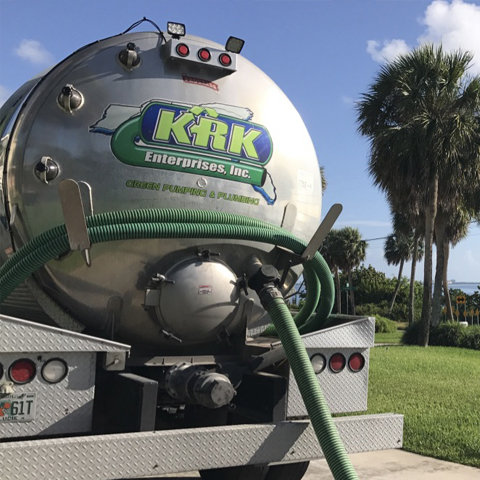
Does jetting a drainfield work?
Because a drain field has perforated pipes, it is too delicate for hydro jetting. The 7,000 to 60,000 psi of water blasting through those perforations will force any clog out, but it will also blast through any gravel and earth around the perforated pipes. It also will force that solid waste into your yard and soak into the groundwater, making it unsafe.
Hydro jetting may be the best thing for your household plumbing as a whole house air filtration system is to the air quality in your home. Just as you rely on an experienced HVAC technician to handle your air quality in your home, always rely on an experienced plumber for hydro jetting your clogs. Want to get started on hydro jetting for your commercial or residential plumbing in Fort Pierce and Port St. Lucie, Fl? Call KRK Enterprises, Inc. today at 800-330-7686!


